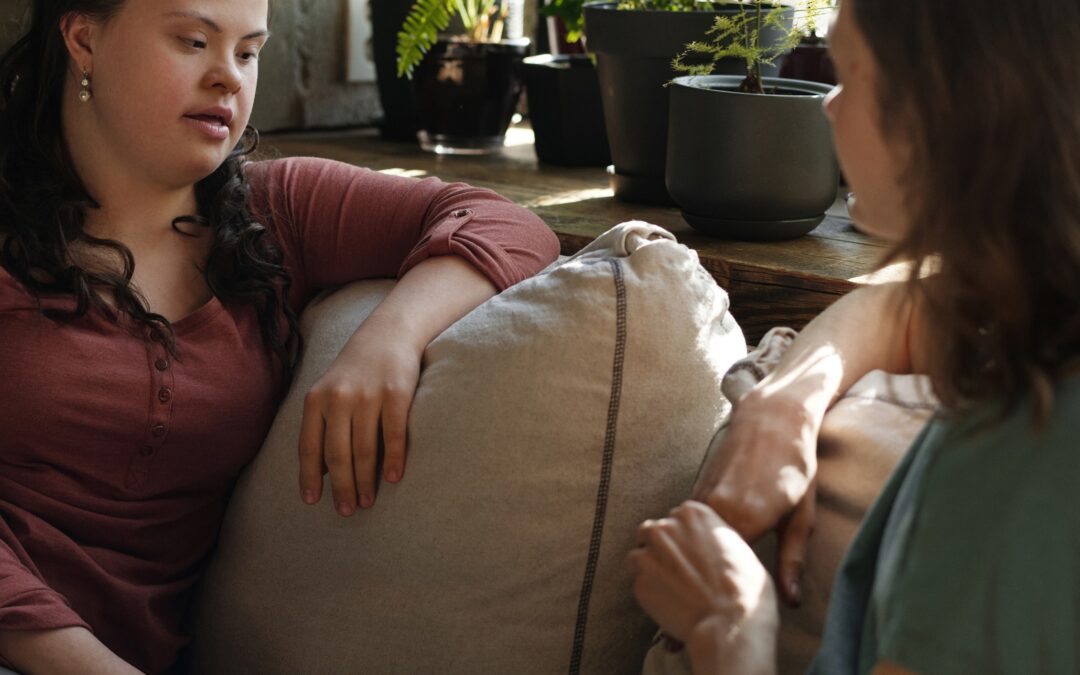Cognitive-behavioral therapy (CBT) and dialectical behavior therapy (DBT) are both forms of talk therapy. DBT and CBT can help with both substance use disorder (SUD) and mental illness, either separately or if you were diagnosed with co-occurring disorders. Both of these forms of treatment focus on talking through any negative emotions you may be struggling with.
This article will explore the unique differences between DBT and CBT, their similarities, and which can be the best for you. Here at West Coast Recovery Centers, we offer both forms of treatment and understand the positive impact of both treatment modalities during treatment. You are not alone during this time, and these forms of therapy can help.
What Is DBT?
Both DBT and CBT are forms of talk therapy. DBT was expanded from CBT and was specifically created to help people who may feel certain emotions and feelings more intensely than others. DBT is rooted in Buddhist and Zen practices such as mindfulness, which can help you live with the pain you may feel in life instead of suffering to change it.
The word “dialectical” literally means the combining of two opposite ideas. This form of treatment can help you look at where your life is and accept reality. It can also help you accept your behavior and the actions you choose in response to your reality. DBT will also help you change the unhelpful behaviors you may exhibit that don’t improve your life for the better.
DBT is commonly used in the treatment of the following:
- Substance use disorder (SUD)
- Personality disorders
- Anxiety
- Depression
- Eating disorders
- Post-traumatic stress disorder (PTSD)
- Self-harm
- Suicidal behaviors
What Is CBT?
The main idea of CBT is that our thoughts and behaviors can influence our feelings. This means that if we can change how we think and react to something, we can improve how we feel. This form of talk therapy can help you be more aware of any negative thinking, as well as change or improve your responses. This is all done through structured therapy sessions with a mental health professional. DBT and CBT can both help with mental health conditions, but they also have other things they can help with.
CBT can be used in the treatment of the following:
- SUD
- Obsessive-compulsive disorder (OCD)
- PTSD
- Phobias
- Eating disorders
- Sleep issues
- Depression
- Anxiety
What Are the Benefits of DBT and CBT in Treatment?
There are benefits to both forms of therapy. One of the main benefits of DBT is that it is extensively researched and is recognized widely as a great form of treatment for different ailments. DBT is also rooted in mindfulness, and learning this skill can benefit you later on in life as well. Understanding how to practice mindfulness is a very useful skill to take with you in the transition out of treatment.
One of the benefits of CBT in treatment is that it can help you learn the best ways to cope with cravings to avoid a relapse. This is important because when you’re in treatment, CBT can help you understand why there was a reason for the SUD to begin with. Once the reasoning is established, the connection between the two can be broken.
Are There Any Risks to DBT and CBT?
For both DBT and CBT, there are not many risks. However, just like with any form of therapy, you may have moments of feeling emotionally uncomfortable. It can be daunting to sit with a stranger and discuss your feelings and behaviors. This is because while you’re in this form of therapy, it can cause you to talk about and remember negative times in your life.
One specific example can be exposure therapy. Exposure therapy is mainly used in CBT, and this can cause temporary stress and anxiety because of exposure to phobias.
Here at West Coast Recovery Centers, we try to make it so that you feel as comfortable as possible during different treatment phases. Working with a mental health professional can help to reduce some of the uncomfortable emotions you may feel during either form of therapy.
Are DBT and CBT Right for Me?
The best place to start when deciding if these forms of treatment can help you is to meet with a mental health professional. They can help assess your needs and see what might be the best option for you next.
Depending on what you’re struggling with, you might benefit from one more than the other. For example, DBT is known to best help borderline personality disorder (BPD) and other personality-related disorders. On the other hand, CBT can usually help more with treating depression and anxiety. It’s important to know which form of therapy can be best for you before beginning. This is because some disorders can get worse if the wrong type of therapy is used.
Both DBT and CBT have their own advantages and can help with different disorders. If you are struggling, it’s important to reach out to a mental health professional for help. Here at West Coast Recovery Centers, we offer both DBT and CBT as part of our treatment. We can help you understand which would be better for you and what your next steps can be. You are not alone, and there are many resources available for you to improve your quality of life. We understand how difficult this can be. If you have any more questions reach out to us today at (760) 492-6509 for more information on our programs.




